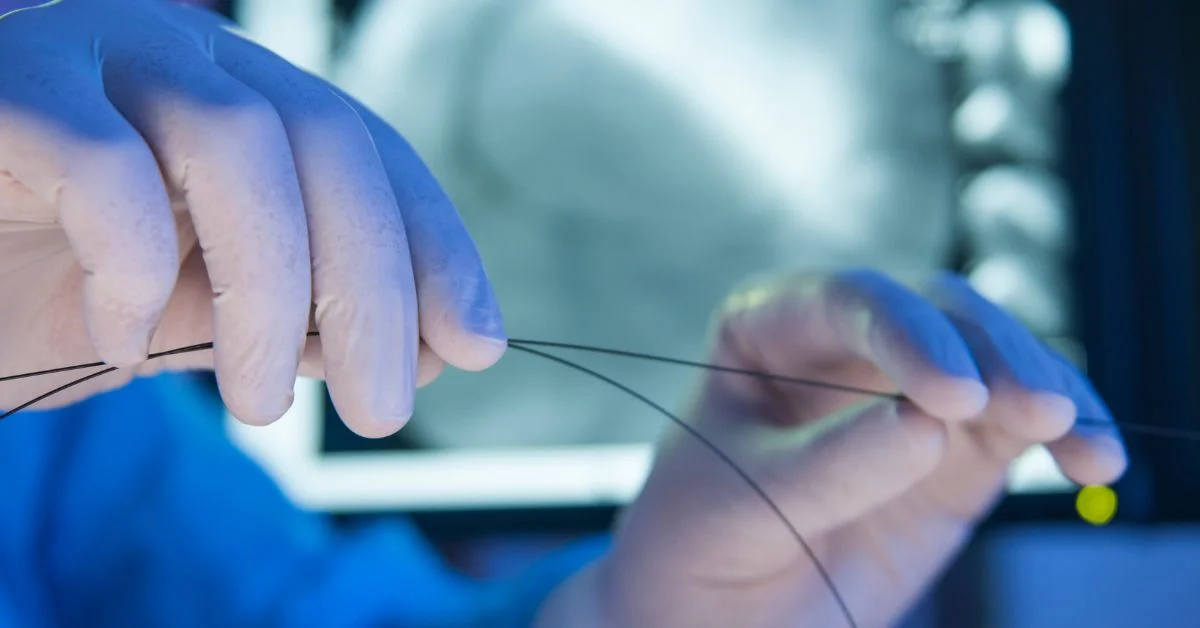Hernioplasty is the only effective treatment for healing an inguinal hernia, involving surgical techniques that repair the anterior abdominal wall and the inguinal canal from which the hernial sac has protruded. This procedure typically requires repositioning the hernia contents to their original location. In many cases, inguinal hernioplasty can be performed on an outpatient basis, allowing the patient to return home the same day or stay overnight in the hospital for observation. Whipple surgery in Turkey addresses much more complex abdominal issues, such as pancreatic cancer, hernioplasty remains a straightforward and relatively low-risk procedure compared to more invasive surgeries. With the right surgical expertise in Turkey, recovery time can be minimized, and the risk of recurrence can be reduced.
Inguinal hernia
Inguinal hernia is the result of a weakening of the abdominal wall, the internal inguinal ring or transverse fascia, which allows the contents of the cavity in question to leak out.
This leakage may be :
- adipose tissue ;
- part of the intestine ;
- an entire organ, such as the bladder.
- Symptoms of inguinal hernia
The main symptom is swelling of the groin, which varies throughout the day, depending on whether the patient is :
- standing;
- making an effort ;
- lying down.
The increase in hernia size can be caused by a variety of circumstances, such as :
- walking ;
- abdominal tension ;
- fatigue.
The herniated area may be accompanied by pain and, in male patients, discomfort in the testicle.
Swelling tends to diminish in the evening when you go to bed.
If, once in bed, this does not happen, it is advisable to call your doctor, as emergency surgery may be necessary.
How to prepare for inguinal hernia surgery
Inguinal hernia surgery can be performed under local or general anesthesia.
Both solutions require special preparation, including a series of clinical tests (physical examination, blood tests, electrocardiogram, etc.), a thorough evaluation of the clinical history and compliance with certain behaviors on which the success of the entire procedure depends. . procedure.
During the clinical check-ups and history-taking, the patient is given the opportunity to speak with the surgeon who will be performing the operation (or with a member of his or her staff), in order to learn more about the procedure, any risks involved, pre- and post-op behavior and recovery times.
Inguinal hernia surgery: preoperative recommendations
10 to 14 days before inguinal hernia surgery, suspend all antiplatelet (aspirin), anticoagulant (warfarin) and anti-inflammatory (NSAID) treatments, as these drugs reduce the blood’s ability to clot, predisposing you to serious blood loss.
On the day of surgery, you must have been fasting for at least the evening before.
On the day of the operation, ask for help from someone you trust (e.g. a family member or close friend), especially after the operation and on your return home.
If you smoke, stop smoking at least until the wound has healed completely.
Why is a clinical history important?
Evaluating a patient’s medical history means questioning him or her to find out, for example, if he or she is known to be allergic to certain anaesthetic drugs, if he or she suffers or has suffered in the past from cardiovascular problems, if he or she is taking certain medications and if, in the case of a woman, he or she is pregnant.
This information is invaluable for better planning the operation.
Surgical techniques
Inguinal hernia surgery can be performed either through a small inguinal incision of around 8 cm, the traditional method, or through 3 small 7 mm incisions, the laparoscopic method.
Laparoscopic inguinal hernia surgery
In both cases, after repositioning the hernia contents inside the abdominal cavity, a lightweight biocompatible retina is inserted.
The recovery period
Complications following hernioplasty are rare. However, in their rarity, the most common are :
- wound infection
- bleeding;
- serum collection;
- postoperative pain.
In the first few days after surgery, you should avoid :
- driving for at least 2 weeks (on medical advice) ;
- sporting activities, for the first 2 to 4 weeks.
- Recurrence
- Inguinal hernias recur in 1% of treated cases.
To avoid a new hernia, specific gymnastics are often prescribed to strengthen muscles and prevent further leakage.
However, physical exertion should be avoided for at least 6 weeks, to ensure optimal healing.
It is also advisable to drink plenty of water and maintain a stable weight for two months after surgery.
If you find this article helpful, click here for more.









